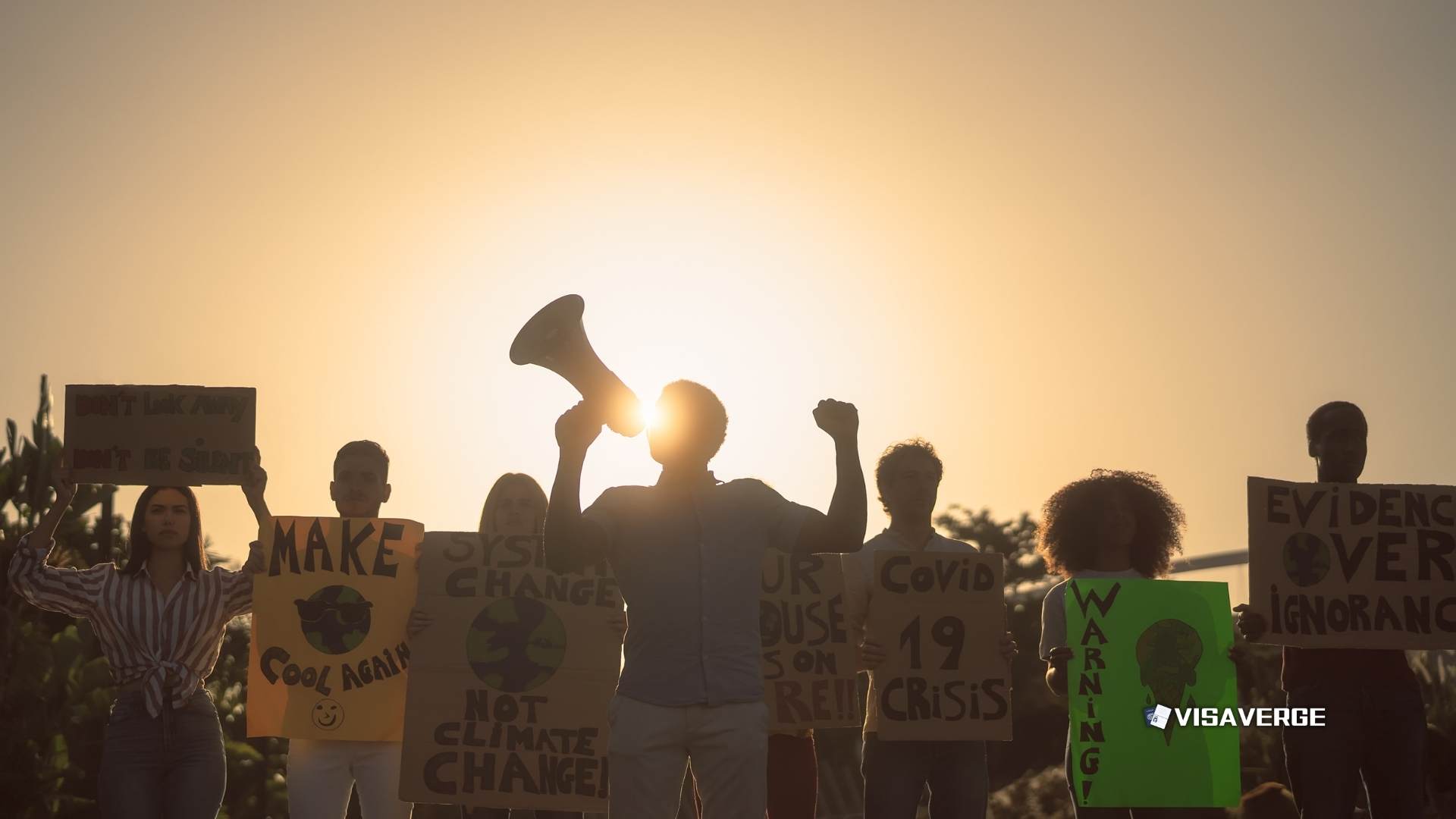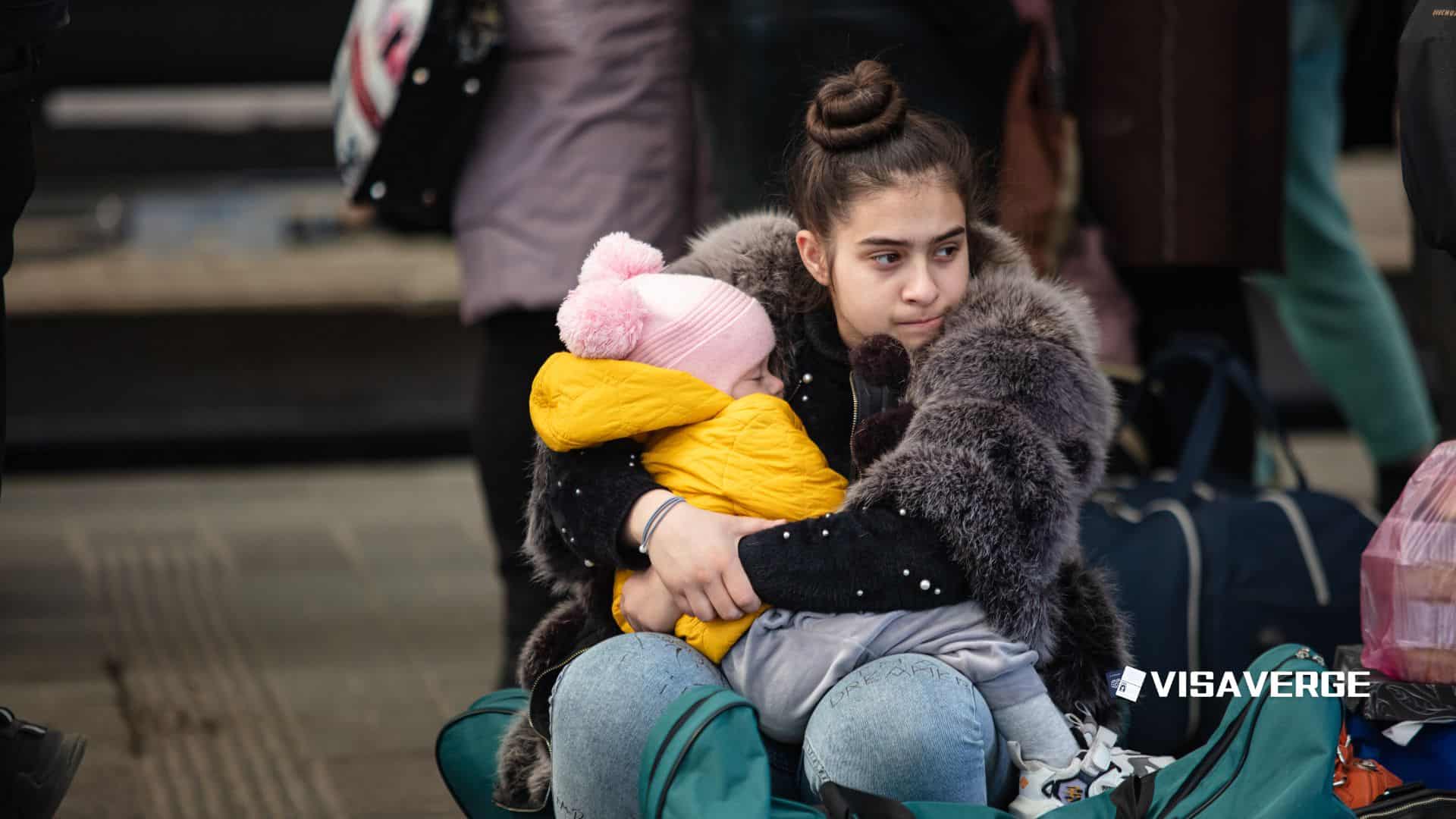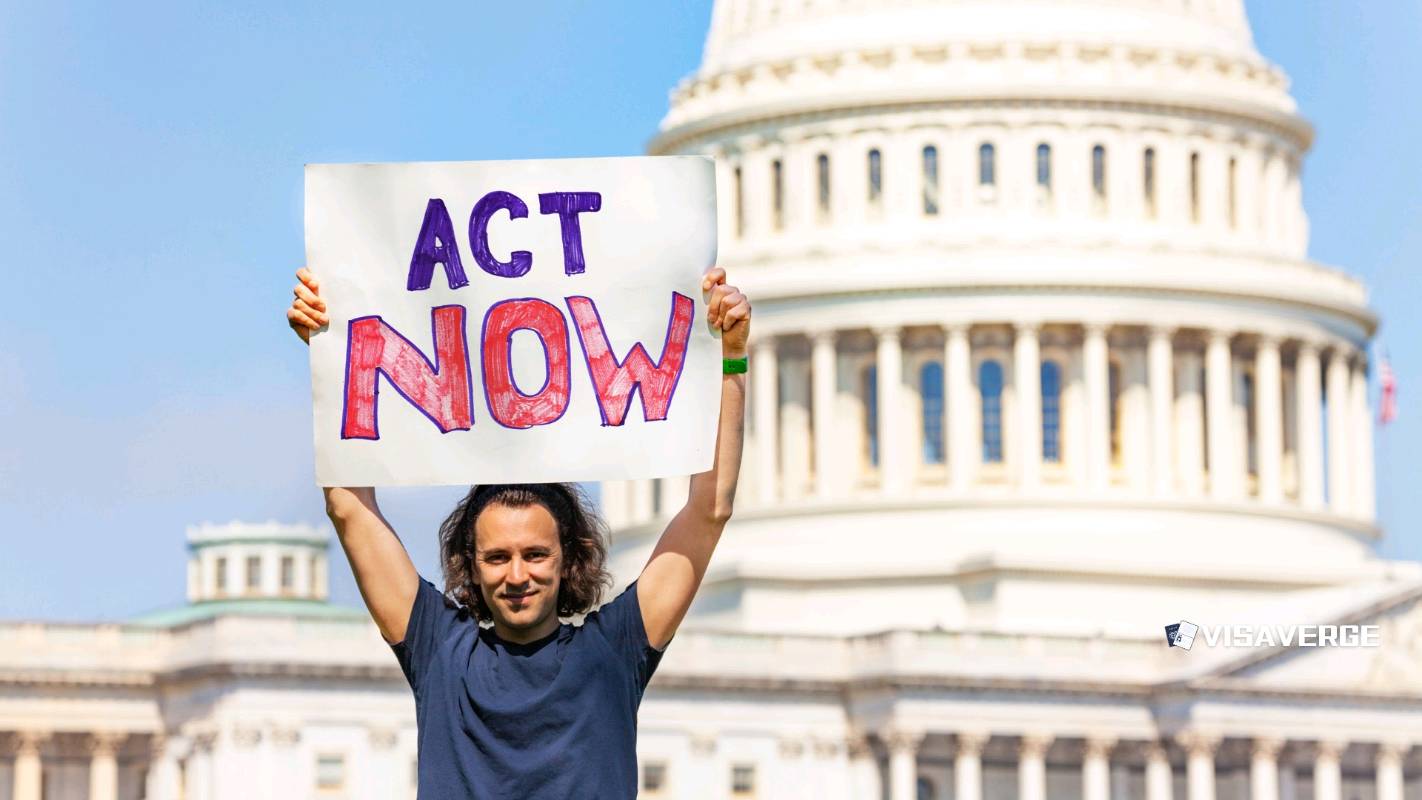(CHARLOTTE, NORTH CAROLINA) Large-scale Charlotte immigration raids carried out over the past several days by U.S. Customs and Border Protection (CBP) have drawn sharp political lines in North Carolina, with almost all Republicans backing the operation and top Democrats urging a narrower, more targeted approach. The raids in Charlotte, which began over the weekend and were still being discussed intensely as of November 20, 2025, have led to more than 250 arrests across the city, shaking immigrant communities and forcing schools, families, and local leaders to react in real time.
Arrests and who was taken into custody

CBP officials say those taken into custody are mostly people they believe are in the country without legal status. Of the first 130 people arrested, authorities reported that 44 had criminal records, including two known gang members and five individuals with prior drunk driving convictions. The majority, however, had no previous criminal history — a detail that has become a central point in the growing debate over how far federal agents should go in mass operations like these.
- Total arrests reported so far: more than 250
- First 130 arrests breakdown:
- 44 with criminal records
- 2 known gang members
- 5 with prior drunk driving convictions
- Majority with no prior criminal history
CBP has not publicly released detailed charging documents, and questions remain in many neighborhoods about exactly who is being removed from homes, streets, and workplaces.
Political reactions: Republicans
Republicans in North Carolina have strongly defended the raids as a needed tool to address what they describe as a broken immigration system and rising public safety worries.
- Leading voices supporting the raids:
- Rep. Pat Harrigan (Hickory and Winston-Salem area)
- Senate candidate Michael Whatley
- House Speaker Destin Hall
- Rep. Mark Harris (covers part of the Charlotte area)
Rep. Harrigan argues that undocumented immigrants are putting extra pressure on local housing, schools, and city services, and he has linked uptown crime to people without legal status. Critics note that Charlotte’s most high-profile crime this year — the murder of Iryna Zarutska — was committed by a native-born American, not an immigrant, a contrast that Democrats and immigrant advocates cite to dispute assertions that unauthorized status is driving local crime.
Republicans frame the raids as:
– An overdue response to federal inaction on border control
– A direct method to remove people they describe as lawbreakers
Polling in North Carolina still gives Republicans a 42–29 edge over Democrats on public trust related to immigration policy, and party strategists see support for CBP’s raids as reinforcing that advantage with voters anxious about border and community safety.
Political reactions: Democrats
Democrats have pressed a different message, supporting deportation of violent criminals and drug traffickers regardless of citizenship status, while criticizing the methods used in Charlotte.
- Prominent Democratic voices:
- Roy Cooper (former governor, now running for U.S. Senate)
- Gov. Josh Stein
Both say they back removing violent criminals and drug traffickers, but they accuse U.S. Customs and Border Protection (CBP) of conducting what they call “random sweeps” based on appearance or residence instead of focusing on individuals with known criminal records.
According to analysis by VisaVerge.com, this split mirrors national tensions: many Democrats accept targeted removals but argue that broad, citywide raids tear apart families and spread fear far beyond any group of repeat offenders.
“Broad, citywide raids tear apart families and spread fear far beyond any group of repeat offenders.” — summary of Democratic and immigrant-advocate concerns
Impact on communities and daily life
On the ground in Charlotte, fear and disruption are visible and immediate.
- Reported community effects:
- Parents keeping children indoors
- Workers skipping shifts
- Families avoiding hospitals and public places
- Late-night phone trees and neighbor alerts about CBP movements
In many mixed-status households, where one adult may be undocumented and others (including U.S.-born children) are citizens, a single arrest can risk splitting a household.
Schools as flashpoints
Schools have become a primary focus of disruption:
- Student walkouts reported
- Sharp rise in school absences
- Volunteers and community groups volunteering to:
- Watch school grounds
- Escort students
- Provide basic legal information
Teachers report children arriving withdrawn or in tears, asking whether their parents will be home after school. In immigrant-heavy neighborhoods, schools are often the most stable institutions in children’s lives, so sudden attendance changes can quickly affect learning and mental health.
City leadership and public-safety concerns
Charlotte’s city leaders — who cannot control federal immigration policy but must handle local consequences — have mostly condemned the raids. Their statements reflect fear that trust between local police and immigrant communities could erode.
Key concerns:
– When residents fear any contact with law enforcement might lead to deportation, they are less likely to:
– Report crimes
– Serve as witnesses
– Seek emergency help
City officials warn that such reluctance can be as damaging to public safety as the criminal activity the raids aim to stop.
Supporters’ arguments
Supporters of the raids argue enforcing immigration law is necessary to uphold rules and relieve pressure on public resources.
- Main points from supporters:
- Failing to enforce immigration law sends the wrong signal and draws more people to live and work without documents
- Removing noncitizens, even those without criminal records, reduces pressure on housing, schools, and services
- The presence of some gang members and DUI histories among the first 130 arrests is cited as partial evidence of targeting higher-risk individuals
Critics counter that the sweep is far too broad and harms families and community trust.
Broader context and next steps
The clash over Charlotte’s raids reflects a wider national debate about how immigration enforcement should be carried out far from the border. Federal actions like this filter down into neighborhoods, classrooms, and homes, where operational details — what streets are targeted, when agents show up, whether they knock on doors or wait near bus stops — often matter more than policy rhetoric.
For people in Charlotte looking for official guidance on federal enforcement, background information is available on the U.S. Customs and Border Protection website, though many families say no briefing can fully calm their fears.
What’s likely to happen next
- There is no clear sign that CBP plans to scale back operations in Charlotte.
- Republicans show no sign of retreating from strong support for the raids.
- Democrats like Roy Cooper and Josh Stein appear committed to advocating for more targeted enforcement, emphasizing a focus on violent offenders and drug traffickers rather than broad sweeps through neighborhoods.
That gap — broad raids justified in the name of safety versus sharper, case-by-case enforcement aimed at limiting harm to families — is likely to remain central to North Carolina’s political debate even after CBP agents leave Charlotte’s streets.
U.S. Customs and Border Protection conducted large-scale raids in Charlotte, arresting over 250 people. Of the initial 130 arrests, 44 had criminal records including two gang affiliates and five DUI convictions, but most had no prior offenses. Republicans praised the operation as necessary enforcement; Democrats urged narrower, targeted removals of violent offenders. The raids disrupted schools and daily life, raising concerns about trust between immigrant communities and local law enforcement.













